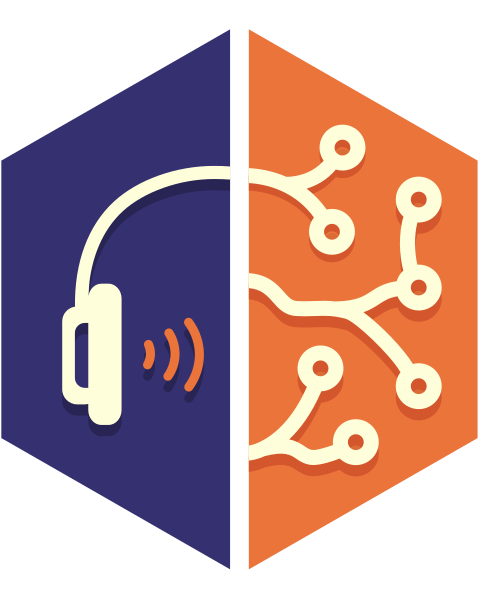Allow me to spread the word about ListenBrainz, the occasion being that ListenBrainz now stores over 1 billion entries of listening data from it's users. ListenBrainz is a FOSS project that aims to crowdsource listening data and release it under an open license. Basically it’s Last.fm but better.
Whatever you use to listen to music, you can probably link it up with ListenBrainz. For instance you can connect Spotify, Apple Music, Soundcloud, Last.fm. You can link it up with loads of music players. If you’ve kept track of your what music you’ve listened to up to this point, don’t worry, there are several ways to import them into ListenBrainz.
All ListenBrainz listening data is available for all to use. This means that we don't need to rely on big companies like Spotify for recommendation algorithms. We can use whatever algorithm suits us best. All sorts of other services could be build to make use of the ListenBrainz data set. The dataset can also help analyze other services' algorithms, for instance the Fair MusE project uses LB-data and LB-users to investigate the fairness of different music service algorithms.
Obviously ListenBrainz initially suffered from being a comparatively small service, For good recommendations you need loads of data. But it's growing every day and I feel like the 1 billion listens is an impressive milestone. And ListenBrainz has the advantage of having listening data from several services, Spotify could never recommend you music that's not on Spotify. ListenBrainz, because it's open, doesn't have such inherent blindspots.
I am not working for ListenBrainz in any way, I just really like this project as well as MusicBrainz, and I like to spread the word. I think the aims of the ListenBrainz probably align with some Fediverse-folks. If you don't care about the service itself, you could still link up to support FOSS music services, not only LB itself, but other services that are, can and will be built using LB's data. If you use another service to store your own listening data, for instance Last.fm, you could use ListenBrainz as a backup for you data in case the other sevice ever enshittifies. Note: you shouldn't sign up if you want your listening data to be private, that's not what LB is for. I care very much about privacy, but in the case of LB I consciously choose to share my music listening data with others for my own benefit.
Curious to hear peoples thought on all this.


It took me a while to realize this is actually true. Reality is amazing.